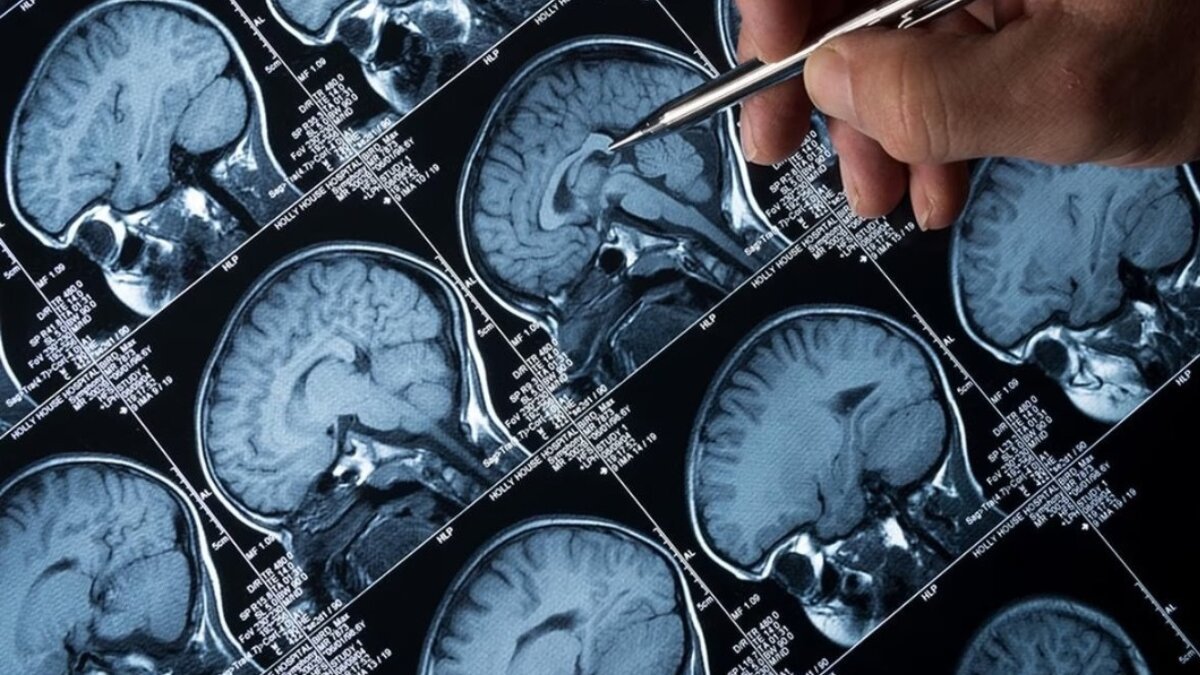A 38-year-old man from Ukrampadi, identified as M. Manikandan, died on September 22, 2024, in a private hospital in Kannur, raising concerns about amoebic meningoencephalitis. Manikandan, who had been working in Mumbai, returned home after experiencing a fever. Initially treated at Government General Hospital, Kasaragod, he was later transferred to Kannur when his condition did not improve.
The Kerala Health Department reported that a cerebrospinal fluid (CSF) test indicated a possible case of amoebic meningoencephalitis, with confirmation pending results from an amoebic PCR test. Manikandan was administered miltefosine, a drug typically used for amoebic infections.
Symptoms of amoebic encephalitis can mimic those of other brain infections, including viral encephalitis and bacterial meningitis, prompting further investigations to determine the precise cause of death. Primary amoebic meningoencephalitis (PAM), often referred to as the “brain-eating amoeba,” is caused by the Naegleria fowleri amoeba, commonly found in warm freshwater environments.
This tragic incident comes amid a worrying trend in Kerala, which has reported 19 confirmed cases of amoebic meningoencephalitis over the past five months, resulting in five fatalities. Health authorities are closely monitoring the situation as they continue their investigations.




